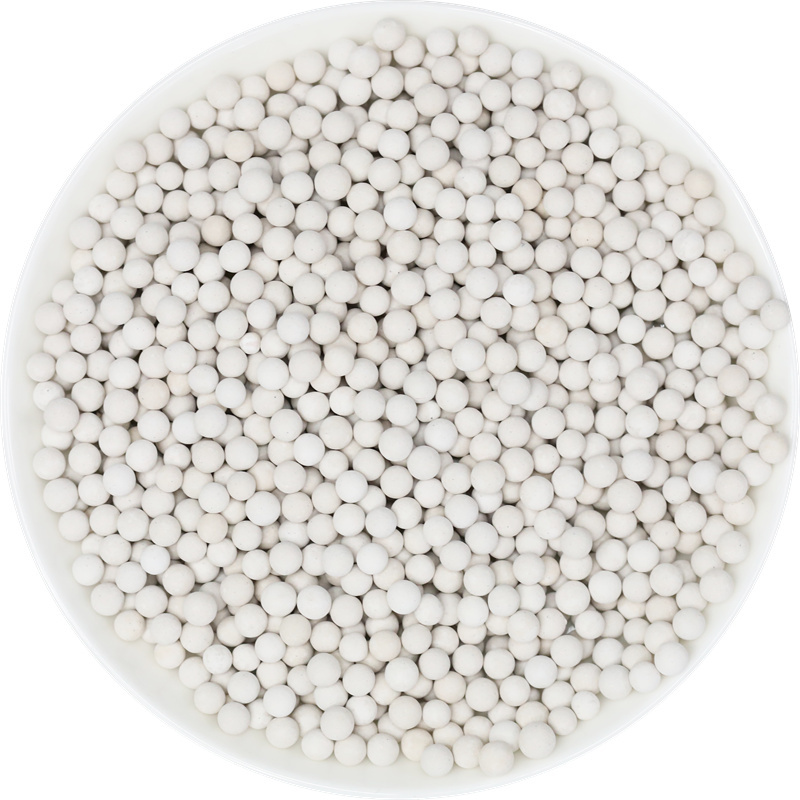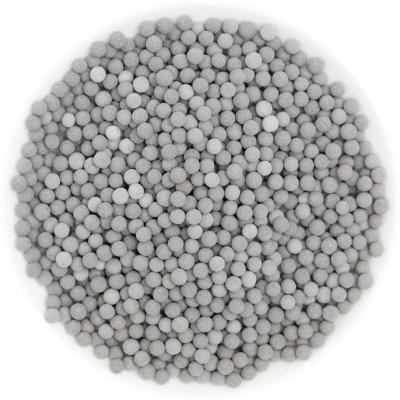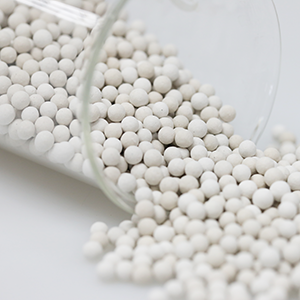Eternal Calcium Mineral Ceramic Granules
Features
--used in filling alkaline filter cartridges
--Provide Calcium Minerals (26mg/L)
--Boost PH(8~11)
- High Hardness, Will Not Shatter in Water
- No Dust, Environmentally Friendly
--Food Grade
- None Odor Smell
Calcium Ceramic Balls is a patent producted designed by our group. It mailny provides Calcium minerals in water.
Mineral Ceramic Balls serve various functions in water treatment and filtration systems. These specialized balls are designed to enhance water quality and provide additional benefits. Here are some of the key functions of mineral ceramic balls:
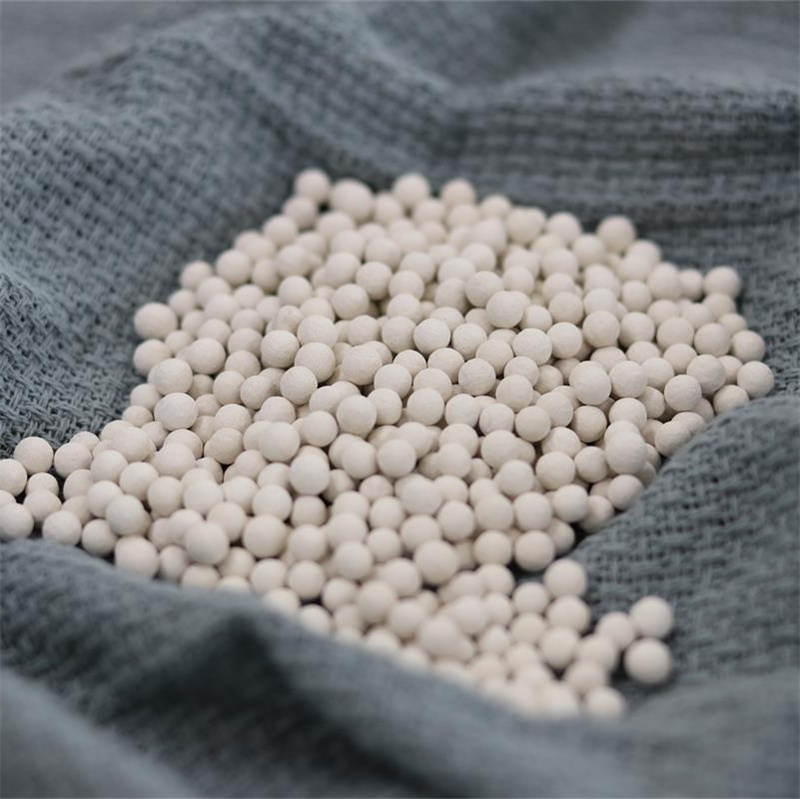
Filtration and Removal of Impurities: Mineral ceramic balls act as filtration media, effectively removing impurities, sediment, and suspended particles from water. They help improve water clarity and reduce turbidity.
Water pH Balancing: Certain mineral ceramic balls, such as alkaline ceramic balls, are formulated to increase the pH level of water, making it more alkaline. This can help counteract acidity and promote a healthier internal environment when consumed.
Mineral Infusion: Mineral ceramic balls release beneficial minerals into the water, such as calcium, magnesium, potassium, and trace elements. These minerals contribute to the nutritional value of water and provide additional health benefits when consumed.
Antioxidant Properties: Some mineral ceramic balls possess antioxidant properties. They help neutralize harmful free radicals in the water, promoting healthier drinking water and potentially providing antioxidant benefits when consumed.
Taste and Odor Improvement: Mineral ceramic balls can help improve the taste and odor of water by reducing or eliminating unpleasant flavors caused by chlorine, organic compounds, or other contaminants. This enhances the overall drinking experience.
Antibacterial and Anti-Fungal Properties: Certain types of mineral ceramic balls possess antibacterial and anti-fungal properties. They help inhibit the growth of bacteria, algae, and fungi in water, reducing the risk of contamination and ensuring cleaner and safer water.
Ion Exchange: Mineral ceramic balls can facilitate ion exchange processes, removing harmful ions (e.g., heavy metals) from water and replacing them with beneficial ions (e.g., calcium, magnesium). This helps improve water quality and makes it more suitable for various applications.
Enhanced Hydration: Mineral ceramic balls may contribute to improved hydration properties of water. They can help break down water molecules into smaller clusters, making them easier for the body to absorb and increasing cellular hydration.
Erosion and Scaling Prevention: Some mineral ceramic balls are designed to prevent scaling and reduce the buildup of mineral deposits in water systems. They help extend the lifespan of equipment and reduce maintenance requirements.
Environmental Considerations: Mineral ceramic balls are often environmentally friendly and sustainable alternatives to certain water treatment methods. They can reduce the need for chemical additives, promote eco-friendly practices, and contribute to water conservation efforts.
Why we need Calcium?
Calcium is an essential mineral that plays a vital role in maintaining overall health and well-being. Here are some key reasons why we need calcium:
Strong Bones and Teeth: Calcium is a primary component of bones and teeth, providing strength and structure. It helps in bone formation, growth, and mineralization, especially during childhood and adolescence when bone development is critical. Adequate calcium intake throughout life is necessary to maintain strong bones and prevent the risk of osteoporosis and fractures.
Muscle Function: Calcium is involved in muscle contraction and relaxation. When a muscle receives a signal to contract, calcium is released, allowing the muscle fibers to generate movement. Proper calcium levels are essential for normal muscle function, including the heart muscle.
Nerve Transmission: Calcium ions play a crucial role in transmitting nerve impulses throughout the body. They are involved in the release of neurotransmitters, which enable communication between nerve cells. Adequate calcium levels ensure efficient nerve transmission, supporting proper sensory perception, coordination, and motor function.
Blood Clotting: Calcium is essential for the process of blood clotting or coagulation. When there is an injury or bleeding, calcium helps activate proteins involved in the clotting cascade, forming a blood clot to prevent excessive bleeding.
Hormone Secretion: Calcium is necessary for the secretion and regulation of various hormones in the body. It plays a role in the release of hormones such as insulin, which is critical for blood sugar regulation, and parathyroid hormone (PTH), which helps maintain calcium levels within a narrow range.
Cell Signaling: Calcium ions act as signaling molecules within cells, regulating numerous cellular processes. They play a role in cell division, cell growth, and gene expression. Calcium signaling is involved in the functioning of various tissues and organs, including the brain, muscles, and immune system.
Enzyme Activation: Calcium is a cofactor for many enzymes, meaning it is required for their proper activation and function. Enzymes are involved in numerous biochemical reactions in the body, including metabolism, energy production, and DNA synthesis.
Applied range

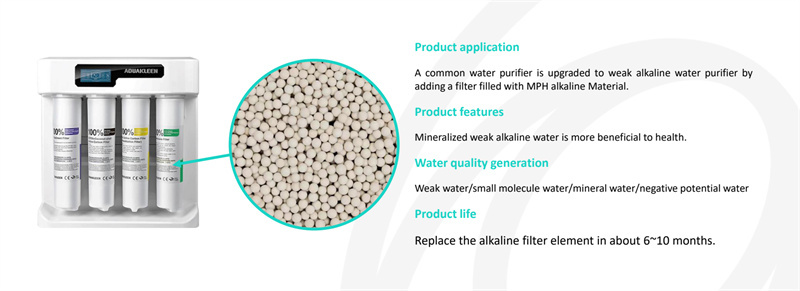

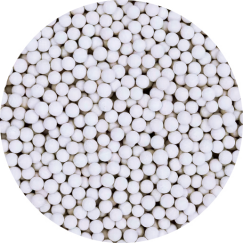
Company Environment
Figure 01. Intelligent modular dosing machine Figure 02. Ton baler Figure Figure03. Automatic baler
Figure 04. Temperature-controlled microwave kiln Figure 05. Gradient temperature-controlled continuous sintering furnace Figure 06. Intelligent ceramic filter material production line
Figure 07. Automatic conveyor belt Figure 08. Company front desk Figure 09. Office product display area

